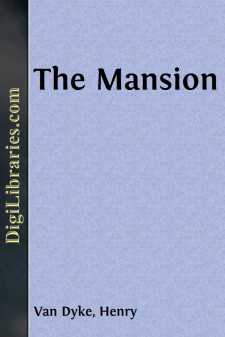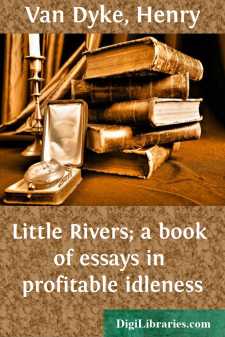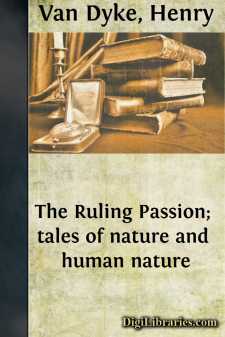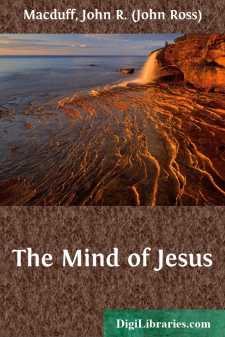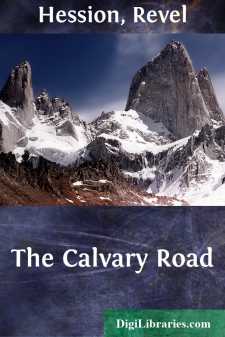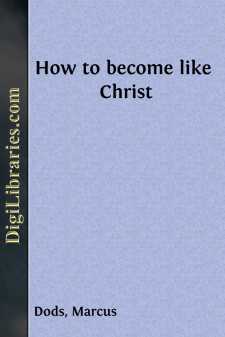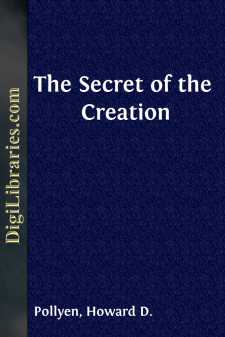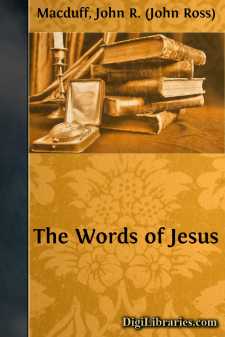Categories
- Antiques & Collectibles 13
- Architecture 36
- Art 48
- Bibles 22
- Biography & Autobiography 813
- Body, Mind & Spirit 142
- Business & Economics 28
- Children's Books 17
- Children's Fiction 14
- Computers 4
- Cooking 94
- Crafts & Hobbies 4
- Drama 346
- Education 46
- Family & Relationships 57
- Fiction 11829
- Games 19
- Gardening 17
- Health & Fitness 34
- History 1377
- House & Home 1
- Humor 147
- Juvenile Fiction 1873
- Juvenile Nonfiction 202
- Language Arts & Disciplines 88
- Law 16
- Literary Collections 686
- Literary Criticism 179
- Mathematics 13
- Medical 41
- Music 40
- Nature 179
- Non-Classifiable 1768
- Performing Arts 7
- Periodicals 1453
- Philosophy 64
- Photography 2
- Poetry 896
- Political Science 203
- Psychology 42
- Reference 154
- Religion 513
- Science 126
- Self-Help 84
- Social Science 81
- Sports & Recreation 34
- Study Aids 3
- Technology & Engineering 59
- Transportation 23
- Travel 463
- True Crime 29
Joy & Power
by: Henry Van Dyke
Description:
Excerpt
JOY AND POWER
St. John viii. 17: If ye know these things, happy are ye if ye do them.I ask you to think for a little while about the religion of Christ in its relation to happiness.
This is only one point in the circle of truth at the centre of which Jesus stands. But it is an important point because it marks one of the lines of power which radiate from Him. To look at it clearly and steadily is not to disregard other truths. The mariner takes the whole heavens of astronomy for granted while he shapes his course by a single star.
In the wish for happiness all men are strangely alike. In their explanations of it and in their ways of seeking it they are singularly different. Shall we think of this wish as right, or wrong; as a true star, or a will-o'-the-wisp? If it is right to wish to be happy, what are the conditions on which the fulfilment of this wish depends? These are the two questions with which I would come to Christ, seeking instruction and guidance.
I. The desire of happiness, beyond all doubt, is a natural desire. It is the law of life itself that every being seeks and strives toward the perfection of its kind, the realization of its own specific ideal in form and function, and a true harmony with its environment. Every drop of sap in the tree flows toward foliage and fruit. Every drop of blood in the bird beats toward flight and song. In a conscious being this movement toward perfection must take a conscious form. This conscious form is happiness,вÐâthe satisfaction of the vital impulse,вÐâthe rhythm of the inward life,вÐâthe melody of a heart that has found its keynote. To say that all men long for this is simply to confess that all men are human, and that their thoughts and feelings are an essential part of their life. Virtue means a completed manhood. The joyful welfare of the soul belongs to the fulness of that ideal. Holiness is wholeness. In striving to realize the true aim of our being, we find the wish for happiness implanted in the very heart of our effort.
Now what does Christ say in regard to this natural human wish? Does He say that it is an illusion? Does He condemn and deny it? Would He have accepted Goethe's definition: "religion is renunciation"?
Surely such a notion is far from the spirit of Jesus. There is nothing of the hardness of Stoicism, the coldness of Buddhism, in Christ's gospel. It is humane, sympathetic, consoling. Unrest and weariness, the fever of passion and the chill of despair, soul-solitude and heart-trouble, are the very things that He comes to cure. He begins His great discourse with a series of beatitudes. "Blessed" is the word. "Happy" is the meaning. Nine times He rings the changes on that word, like a silver bell sounding from His fair temple on the mountain-side, calling all who long for happiness to come to Him and find rest for their souls.
Christ never asks us to give up merely for the sake of giving up, but always in order to win something better. He comes not to destroy, but to fulfil,вÐâto fill full,вÐâto replenish life with true, inward, lasting riches....








